Intervention Definitions
Note: Interventions should be implemented with consistent progress monitoring and documented in the Student Information System. Interventions may be used at any point in the discipline cycle to assist the need of the student |
Behavior Contract – A simple positive-reinforcement intervention that is used to help students modify an undesired behavior; it spells out in detail the expectations of the student and teacher (and sometimes parents) in carrying out the intervention plan; this should be monitored and followed up by the adult on campus that drafts it and any other adults specified in the plan. Parent signature is required or not valid. |
Community Service - An intervention assigned by the Hearing Officer where the student will be a part of a mandated work program; incomplete assignments should be referred back to the Hearing Office. |
Parent Contact – Contact with the parent/guardian of student; you must either speak directly with the parent/guardian or receive a response from an email sent to the parent. Leaving a message or emailing a parent/guardian with no response will not be considered contact. |
Parent Conference – A scheduled meeting with the parent/guardian that takes place on campus with the parent/guardian/student and school representative in attendance. Phone calls will not suffice as a parent conference. These meetings may be virtual through teams per administration. |
Peer Mediation – Structured problem solving by youth with youth by which two or more students involved in a dispute meet in private, safe and confidential setting to work out problems. Student mediators should be trained. |
Student Accountability Board – An adult led restorative session with the assistance of trained mediators and the referred student where strategies, interventions, restitution, and/or recommendations are offered as consequences for the infraction committed. All parties must agree. |
Student Support Circle – A tier II intervention to be used with a targeted student or group of students; topics depend on the nature of the infraction; helps to build community within the school. |
Parent Shadowing – Parent visits school to shadow student in the school setting. Parents must sign waivers to not interfere with instruction or any students other than their own. Teachers should be notified 24-48 hours in advance. |
Counseling Referral/Intervention – Referral to guidance for social/emotional support. |
Refer to AIT – Attendance Intervention Team – Administrator refers student to AIT as an intervention to improve attendance. |
Planned Discussion- One or more adults confer with a student about a particular concern and develop a plan for resolving it |
Goal Setting- Opportunity for student and school official to meet and develop strategic goals relating to student’s success. Plan should be followed up by adult that drafts it and any other adult on campus outlined in the plan. |
Mentor Partner – School based mentoring program developed for students that need more support with academics or behavior management. Adults will advise or train students to use replacement behaviors and act as an extra layer of support. All external mentors should complete and be approved through Family and Community Engagement/Volunteer Management. |
Check In/Check Out – An evidence-based Tier II group-oriented intervention designed especially for students whose problem behaviors would be supported by increased positive adult contact, embedded social skills training, and positive reinforcement. |
Teacher Student Mediation- Mediation led by admin between teacher and student. This should not be used for student accountability board. |
Adult Lead Mediation – Mediation of two students or groups of students lead by an adult - Examples: Admin, AFL, City Year, SRO, CIS Ect. |
Restitution – A restoring of something lost or stolen to its proper owner, recompense for injury or loss. In restorative justice, this is used with the referred student making amends with the victim of their behavior |
Restorative Session- Before or after School session with students to provide a restorative approach to discipline. This should not be used for detention. |
Life Skills Lesson – Lesson for students that need extra support with life skills; lessons can be found in Second Step, Learning for Life, etc. |
Meaningful Work- A school-based jobs program that gives students responsibility to help them develop purpose, self-worth, and a sense of belonging. |
Self-Monitoring Tool – Document that is provided to student that allows student to self-monitor behavior; this should be done with progress monitoring. |
SOS – Student Option for Success – After school intervention for behavior management and life skills; students grade 3 – 12 may be referred to the 5 sites in the county; runs 6:30pm-8:30pm on Tuesday and Thursday nights. |
Night-time Substance Abuse Counseling – DCPS substance abuse program that is 6 weeks/12 sessions |
Letter of Apology – Student writes an apology to students or school officials |
Safety Plan – Specific plan designed to provide safe protocols for transitions in and around schools for individual or multiple groups of students |
School Service – School defined intervention which may include cafeteria duty, beautification of school grounds Ect. |
MTSS - A Multi-Tiered System of Supports organizes instruction and intervention into tiers, or levels of support: ♦ Tier 1 – All students receive high-quality instruction in academics. ♦ Tier 2 – In addition to Tier 1, students needing more support also receive small-group intervention and supports. The difference is increased time, smaller groups of students or narrowed focus of instruction. ♦ Tier 3 – In addition to Tiers 1 and 2, students receiving Tier 3 intervention receive the most intensive supports based on individual need. The difference is individual team-based problem-solving, increased time, smaller groups of students and narrowed focus of instruction. |
